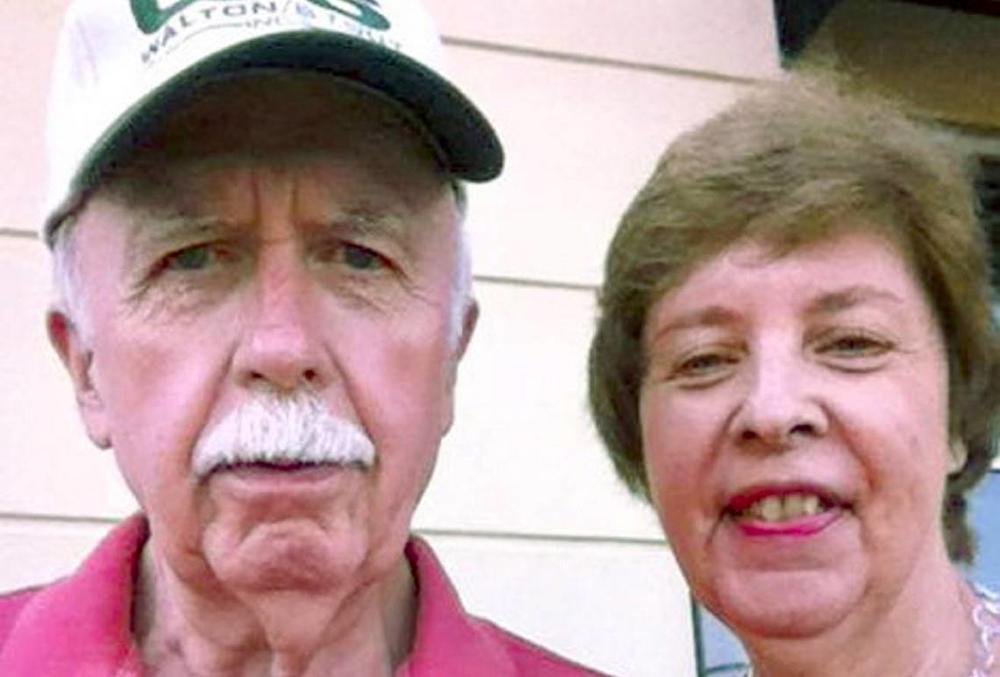
Caption
Ronnie Adrian “Jay” Towns at a hearing in the wake of his arrest on murder charges in the 2015 shooting deaths of Bud and June Runion in rural Telfair County.
Credit: rges in the 2015 shooting deaths of Bud and June Runion in rural Telfair County.


